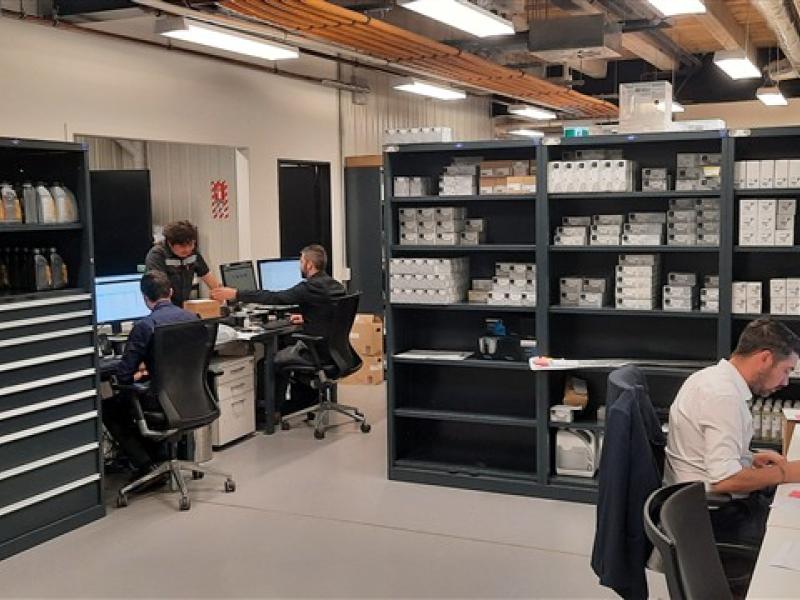Bullying and harassment are an ongoing workplace problem. Jo Douglas explains how to avoid it and what to do when it happens.
Lately I’ve heard a number of client stories about their experience of harassment or bullying – either as the alleged victim, alleged perpetrator, or the employer attempting to respond to it.
The alleged behaviour complained of varies and includes:
• Humiliation of team members by tearing up their work in front of colleagues.
• Shouting out from their office that the work was “useless”.
• Making others feel worthless.
• Demanding a response in an intimidating way, with questions being asked without the chance to answer.
• Requests for work to be done after hours and at all hours of the day and night, essentially requiring people to be “on” 24/7.
• Swearing and use of offensive language; and even physical assaults.
There are often two perspectives to the story. Most people are well intentioned and either do not know that what they are doing is wrong, or do not appreciate the impact of their behaviour on others. At times it is explained away because of the pressures they are facing in their work or personal life.
How do you work on improving the workplace to ensure it’s a place people actually want to come to?
If you are a manager of people:
• Set realistic expectations of yourself, your organisation and others. Reset your expectations if most people routinely do not meet your expectations. They are probably too high.
• Allow yourself time to reset your batteries and to focus on the things that you need that fulfil you. If you are fulfilled outside of work, you’re more likely to come to work with the right attitude.
• Rest. The Holidays Act provides for four weeks annual leave per year. Take your holidays. Make sure your staff take theirs too. If necessary, you can utilise the provision in the Act that allows you to direct staff to take leave with 14 days notice.
• Observe yourself, and consider feedback. If feedback is received about your delivery or impact on others, think about ways to work on yourself. Consider getting external, professional support.
If you are an employee:
• Choose your workplace carefully and focus on getting skills that mean you have a choice where you work.
• Observe yourself and reflect on your contribution.
• Respond positively to feedback that you receive that indicates your impact on others is not positive. Invest in yourself through available training or support.
• Manage issues in your personal life so they don’t flow over into the workplace.
If you are an employer:
• Take managing culture in the workplace seriously. Set the tone from the top.
• Don’t support managers who harass, humiliate or isolate their workers, even if they are high performers in other areas.
• Don’t allow subordinates to harass, intimidate or isolate their co-workers or their superiors (upwards bullying).
• Be clear and call out the behaviour when you see it. Support others who do the same.
• Be prudent and careful in assessing what has gone on.
• If you have to take formal steps with employees, get advice early so that you get the process right.
Investigation
If you are considering disciplining an employee, which may include terminating their employment, it is super important that the process is documented well and certain employee rights are met. Employees have a right to:
• Understand the allegations and have access to the evidence before you, including information provided by witnesses or complainants.
• Time to consider and respond to the allegations and information.
• For you to consider their response and investigate their responses further if there are two sides to the story.
• To have support through the process (a friend, union rep, advocate or lawyer).
The right to information can present difficulties in a workplace, as you will be required to tell the alleged perpetrator what has been said about them, and usually by whom. This is commonly their day-to-day colleagues.
This can be awkward. But it’s a key principle of natural justice for the individual to be very clear about what they need to respond to, and will be a fatal flaw in your process if not done correctly.
It is possible to outsource to an appropriately qualified investigator or lawyer to make sure that the facts are considered in a careful and unbiased way.
If you do your own investigation, you may still need external support to make sure the process and decision-making is robust.
Some issues don’t require investigation, but rather would benefit from some form of facilitation, coaching or external support.
The main thing is to set realistic expectations in the first place and genuinely work with your staff, not against them, to achieve those goals.
That way you can focus on the positives, and make your workplace a place people want to come to and be part of.
This article is written for the purposes of providing general information only and is not intended to be legal advice.






